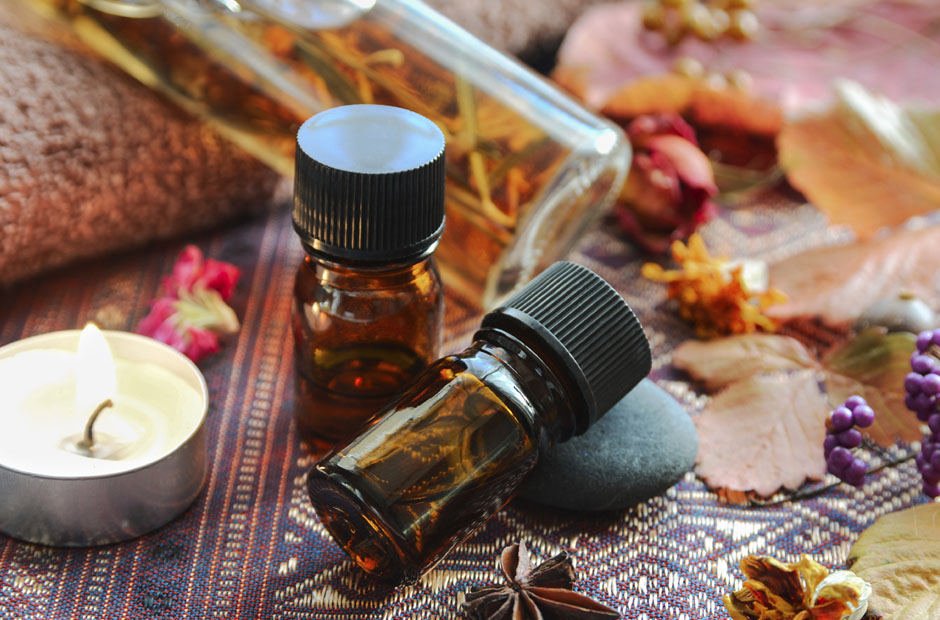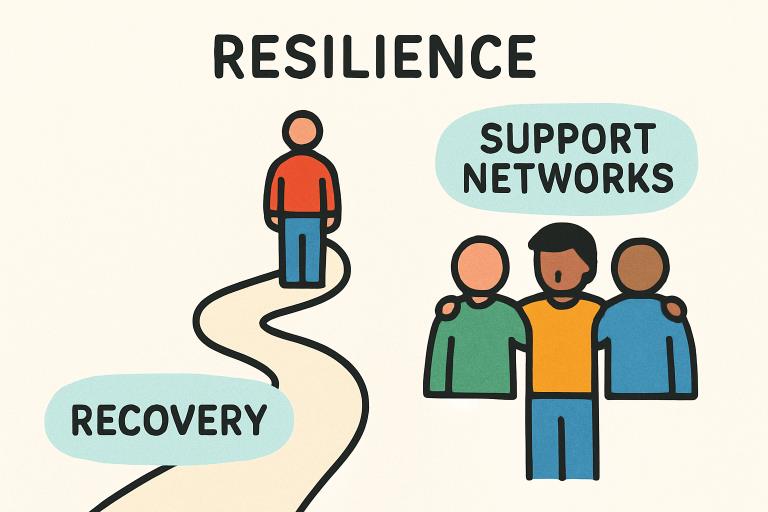Now Reading: Discovering the Essence: A Guide to Pure Essential Oils for Everyday Well-being
-
01
Discovering the Essence: A Guide to Pure Essential Oils for Everyday Well-being
Discovering the Essence: A Guide to Pure Essential Oils for Everyday Well-being

In the pursuit of a holistic approach to health and wellness, the use of pure essential oils has emerged as an elegant solution. Derived from the very essence of plants, these oils carry the fragrance and therapeutic properties of their botanical sources, offering benefits that are both profound and far-reaching. This guide will explore the versatility of essential oils and their application in enhancing everyday well-being.
Understanding Pure Essential Oils
Essential oils are potent, volatile compounds extracted from different parts of plants including the petals, leaves, stems, roots, and barks. The method of extraction can influence the purity of the oil, with steam distillation and cold pressing being among the most preferred methods due to their ability to preserve the integrity of the natural compounds.
When referencing pure essential oils, it implies that the oil has not been diluted, adulterated, or modified in any way. Purity is not just a measure of quality but also effectiveness, as the therapeutic benefits of these oils are tied directly to their unaltered state. Hence, users need to source their oils from trusted vendors who maintain high standards.
Choosing the Right Essential Oils
Selecting the right essential oil can sometimes be daunting given the plethora of options available. However, understanding your needs and how certain oils interact with the body and mind can simplify the process. Some oils are known for their calming and sedative effects, such as lavender and chamomile, making them apt choices for stress relief and sleep. Others, like peppermint and eucalyptus, are stimulating and can help alleviate fatigue or ease respiratory issues.
It is also important to factor in personal preferences in scent, as enjoying the aroma is key to benefiting from aromatherapy. Individual reactions to oils can vary, so it’s advisable to start with small quantities to see how your body responds.
Integrating Essential Oils into Daily Life
There are numerous ways to incorporate essential oils into your daily routine, each serving a different function. Diffusion is a popular method for dispersing the scent throughout a space, creating an aromatic environment that can energize, relax, or balance, depending on the oil chosen. A few drops in a diffuser can transform the ambience of your living or working area.
Topical application is another approach, where oils are typically diluted with a carrier oil and applied to the skin. This method allows the oils to be absorbed into the bloodstream, offering localised or systemic effects. It’s essential to conduct a patch test before widespread application to ensure no adverse skin reactions occur.
Therapeutic Benefits of Aromatherapy
Using pure essential oils as part of aromatherapy practices can wield a wide array of health benefits. The psychological effects are among the most recognised, with oils being used to alleviate symptoms of anxiety, depression, and stress. Others can help with physical ailments, such as providing relief from muscle pain, headaches, and improving digestion.
The antioxidant and anti-inflammatory properties of many oils have also been studied, suggesting that they may have a role in supporting the body’s natural defence systems and in reducing inflammation, although further research is necessary to fully understand these effects.
Safety and Best Practices
While essential oils are natural, their concentrated nature mandates careful handling. Some basic safety guidelines include never applying undiluted oils directly onto the skin, avoiding ingestion unless under professional guidance, and being aware of potential photosensitivity with certain oils when exposed to sunlight.
Furthermore, essential oils should be stored in dark, airtight bottles away from direct heat and light to maintain their efficacy. As with any therapeutic intervention, it is prudent to consult with a healthcare provider or a qualified aromatherapist, especially if you are pregnant, nursing, or have underlying health conditions.
Environmental and Ethical Considerations
The rise in the popularity of essential oils has led to increased scrutiny regarding sustainability and ethical sourcing. It’s essential to support brands that engage in ethical farming practices and harvesting methods that do not harm the environment or deplete resources. Look for certifications that assure sustainability and fair trade practices.
The ecological footprint of essential oil production is also something consumers should contemplate. Sustainable packaging and biodegradable materials can significantly reduce the environmental impact, while the reduction of waste can be aided by repurposing empty oil bottles for DIY blends or other household uses.
Embracing Aromatherapy in the Modern World
The role of aromatherapy and the use of essential oils are being redefined in the modern world. With a growing body of research supporting their benefits, these natural elixirs are helping individuals harness the power of nature to enhance their quality of life.
In conclusion, the journey into the world of pure essential oils is one of discovery and education. By choosing high-quality oils, understanding their uses, and respecting safety practices, individuals can unlock the potential of these plant-based treasures for everyday well-being. A holistic approach to health recognises the importance of natural, pure substances, and essential oils are a testament to the potency hidden within the natural world.
Every drop of an essential oil carries with it centuries of botanical wisdom and healing power. As you embrace these gifts and integrate them into your life, you do more than just attend to your body. You nourish your soul and forge a deeper connection with the essence of nature itself. Explore the vast landscape of aromatherapy and enrich your existence with the time-honoured secrets of pure essential oils.





















